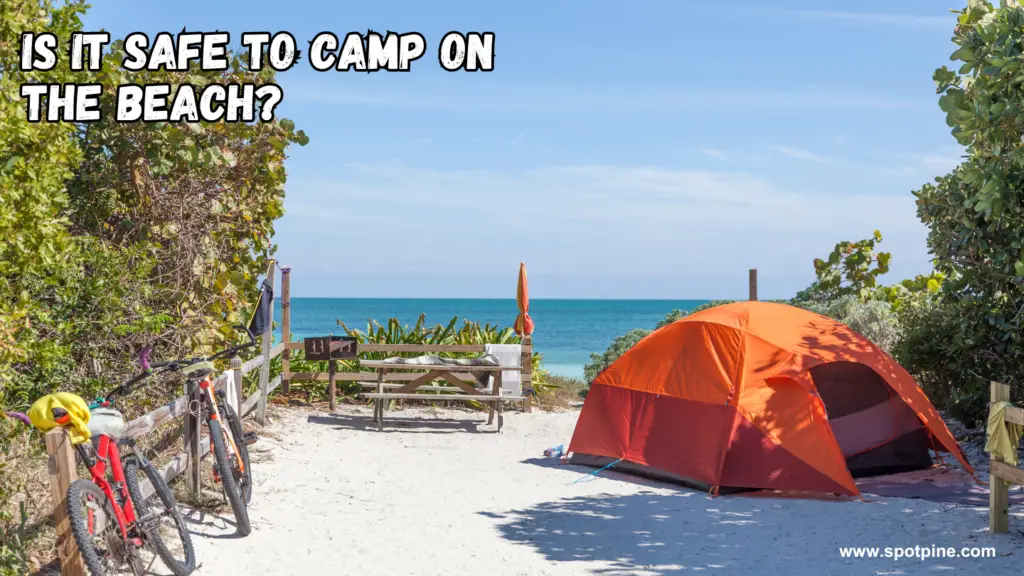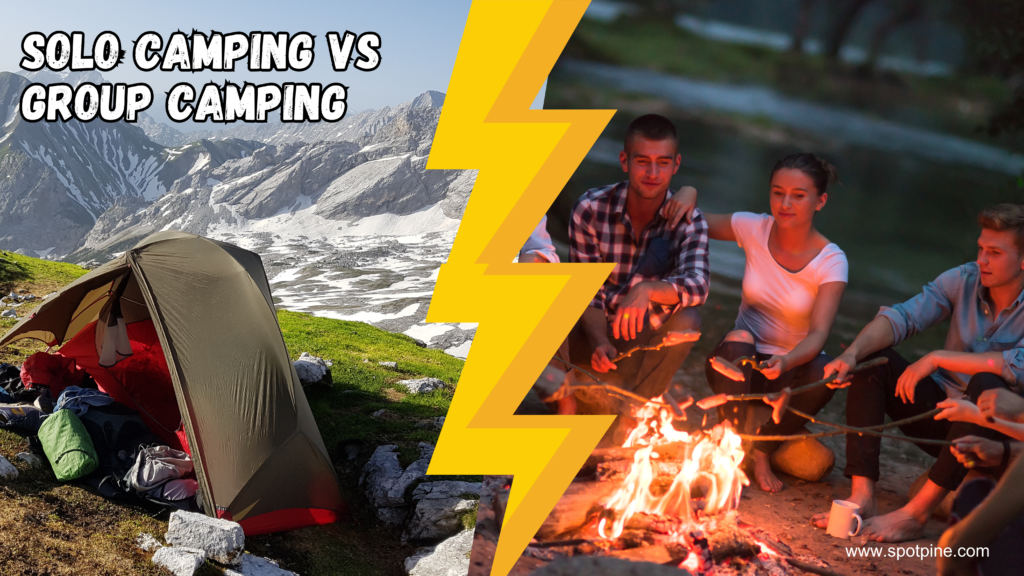When it comes to camping, there are a variety of environments to choose from. One option that immediately comes to mind is beach camping. Picture yourself sleeping under the stars, waking up to the sound of crashing waves and the warmth of the sun on your face. It sounds idyllic, doesn’t it? However, before you pack up your gear and head to the nearest beach, it’s essential to consider the safety aspects of beach camping.
The Advantages of Beach Camping
Beach camping offers a unique experience that many people find enticing. The beach provides a picturesque backdrop, allowing campers to enjoy stunning views and beautiful sunsets. Additionally, there’s something magical about falling asleep to the sound of the ocean and waking up to the feeling of sand beneath your toes.
Furthermore, beach camping often provides a sense of solitude and tranquillity. Compared to busier campgrounds, beach campsites tend to be less crowded, allowing for a more peaceful and private experience.
Safety Considerations for Beach Camping
While beach camping can be a wonderful adventure, it’s crucial to prioritize safety. Here are some important considerations:
- Tides: Familiarize yourself with tide patterns and schedule your camping trip accordingly. High tides can quickly flood campsites and surrounding areas.
- Weather Conditions: Check the weather forecast before you go camping. Stormy weather can create dangerous conditions, including strong winds, heavy rain, and high waves.
- Swimming Hazards: Research the beach you plan to camp at and be aware of any potential swimming hazards, such as strong currents or dangerous marine life.
- Sun Protection: Beach camping often means prolonged sun exposure. Protect yourself by wearing sunscreen, hats, and lightweight, long-sleeved clothing.
- Wildlife: Coastal areas may be home to various wildlife species, including nesting birds or marine creatures. Respect their habitats and follow any guidelines or restrictions in place.
- Fires: If campfires are allowed, ensure you follow all fire safety guidelines. Clear a safe area away from vegetation and never leave fires unattended.
- Security: It’s important to secure your belongings to prevent theft. Keep valuables stored safely and out of sight.
Preparing for a Safe Beach Camping Trip
To ensure a safe and enjoyable beach camping trip, here are some additional steps to consider:
- Research: Familiarize yourself with the beach’s rules and regulations, as well as any permits or reservations required for camping.
- Inform Others: Let someone know about your camping plans, including the location and expected duration of your trip.
- Pack Properly: Bring appropriate camping gear, including a tent that can withstand coastal winds, sleeping gear, food, and plenty of water.
- First Aid Kit: Pack a well-stocked first aid kit that includes items specifically for beach-related injuries, such as jellyfish stings or sunburns.
- Navigation: Bring a map, compass, or GPS device to navigate the beach and surrounding areas.
- Leave No Trace: Practice responsible camping by leaving the beach as you found it. Dispose of trash properly and respect the environment.
FAQs:
Is It Safe To Camp On The Beach?
Camping on the beach can be safe with proper planning and precautions. Choose designated areas.
What Are The Benefits Of Beach Camping?
Beach camping offers stunning views, relaxation, and a close-to-nature experience for campers.
How To Secure A Beach Campsite?
Arrive early, book in advance, bring the necessary equipment, and follow the rules of the area.
Are There Any Rules For Beach Camping?
Respect local regulations, pack out trash, use designated fire pits, and be mindful of wildlife.
Camping on the beach can be a memorable experience, allowing you to connect with nature and enjoy the beauty of the coastline. However, it’s vital to prioritize safety while beach camping. By understanding potential risks, planning accordingly, and following safety guidelines, you can ensure a safe and enjoyable camping trip on the beach.



